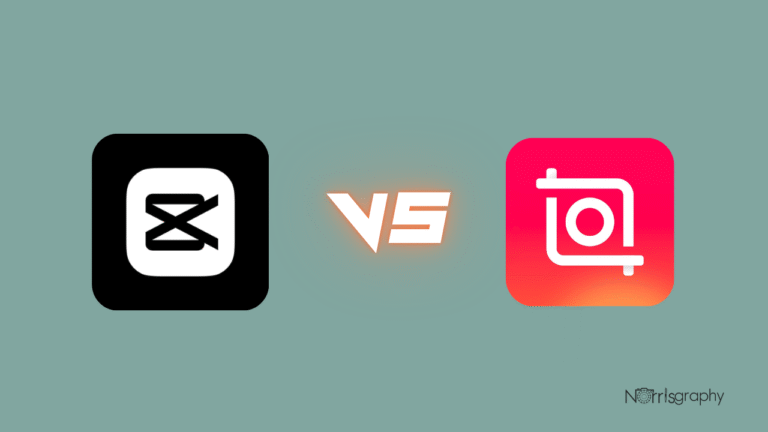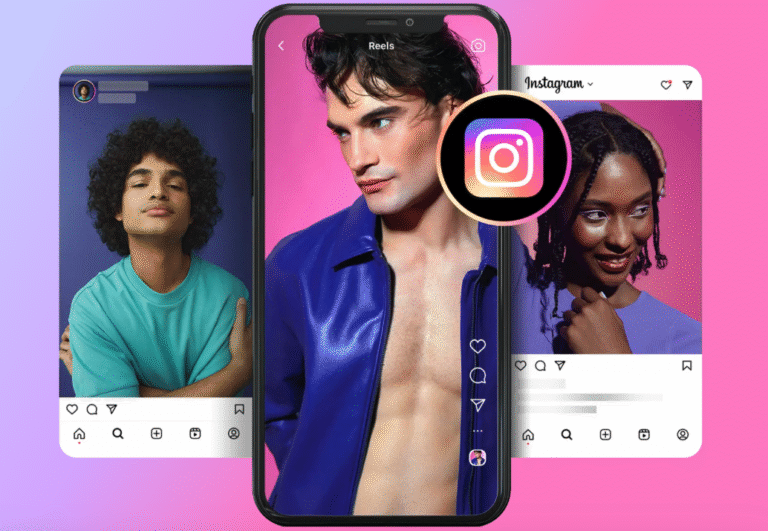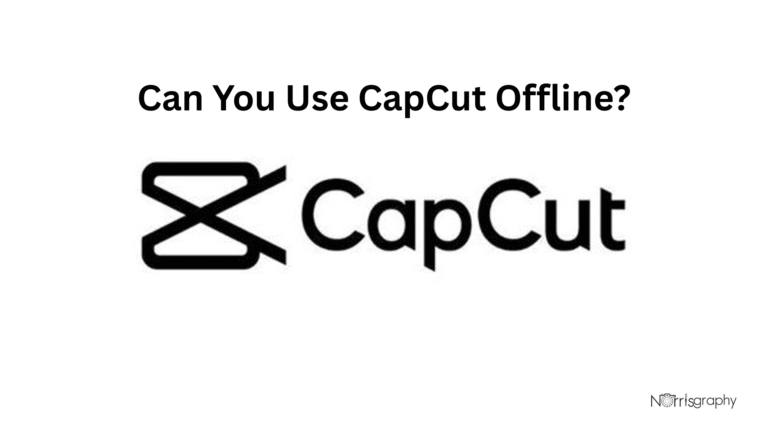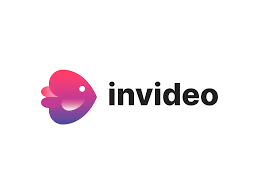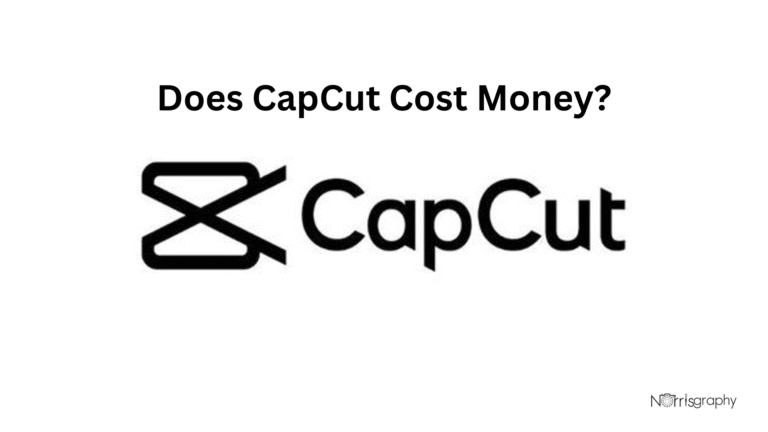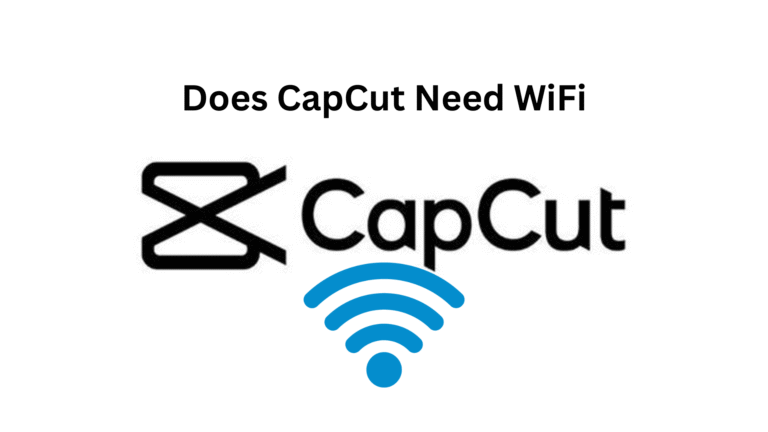
If you’re a content creator, journalist, or casual user of CapCut, you’ve likely heard whispers about whether this wildly popular video editing app is banned in Australia. With its seamless editing tools and integration with TikTok, CapCut has become a go-to for millions, but recent concerns about its terms of service and its parent company, ByteDance, have sparked debates. So, is CapCut banned in Australia? The answer is no, but there’s a lot more to the story. Let’s dive into the details, explore the concerns, and clarify what Australian users need to know about using CapCut safely and responsibly.
Our Take
CapCut is more than an editing app, it’s your shortcut to professional, scroll-stopping videos. With trendy templates, AI tools, and smooth effects, anyone can create content that grabs attention fast. Upgrade to CapCut Pro for exclusive effects, premium music, and ad-free editing.
| Best For | Video Editing |
| Price | $9.99/month |
| Discount | 25%+ discount over the monthly plan |
| Best Plan | Pro Annual Plan |
This article will unpack the latest developments, address privacy and legal concerns, and provide practical advice for creators. I’ll also answer some frequently asked questions to help you navigate the uncertainty surrounding CapCut in Australia.
The Current Status of CapCut in Australia
CapCut is not banned in Australia. You can still download and use the app on iOS, Android, and desktop platforms without restrictions. However, recent discussions about a potential TikTok ban in the United States have raised questions about whether CapCut, also owned by ByteDance, could face similar scrutiny in Australia. These concerns stem from geopolitical tensions, data privacy issues, and ByteDance’s Chinese ownership, which have put apps like TikTok and CapCut under the microscope globally.
In Australia, the government has taken steps to regulate social media, most notably with the world-first teen social media ban for users under 16, set to take effect later in 2025. While this legislation focuses on platforms like TikTok, Instagram, and YouTube, it doesn’t explicitly target video editing apps like CapCut. However, the app’s close ties to TikTok have led some to speculate about its future. For now, CapCut remains fully operational, but users should stay informed about potential regulatory changes.
Why the Concern About a CapCut Ban?
The question “Is CapCut banned in Australia?” has gained traction due to several factors:
- ByteDance Ownership and Geopolitical Tensions
CapCut is owned by ByteDance, the same Chinese company behind TikTok. In the U.S., TikTok faces a potential ban unless ByteDance sells it to a U.S.-based buyer by early 2026. This stems from concerns about data privacy and national security, as some governments worry that ByteDance could share user data with the Chinese government. While Australia hasn’t imposed a TikTok ban, similar concerns could theoretically extend to CapCut, especially since it handles sensitive user content like videos, photos, and audio. - Updated Terms of Service (June 2025)
In June 2025, CapCut updated its terms of service, sparking outrage among creators worldwide. The new terms grant CapCut a “perpetual, irrevocable, non-exclusive, royalty-free, worldwide license” to use, modify, and distribute user content, even after an account is deleted. This means that any video, photo, or audio uploaded to CapCut could be used for commercial purposes, such as ads, without further permission or compensation. For Australian journalists and creators, this raises red flags about source safety, copyright, and privacy, especially in sensitive reporting environments. - Australia’s Regulatory Environment
Australia has been proactive in regulating digital platforms. The teen social media ban, for instance, requires platforms to verify user ages, a process that has proven challenging with technologies like facial recognition. While CapCut isn’t a social media platform, its data collection practices and integration with TikTok could attract scrutiny as Australia tightens its grip on digital privacy. - Global Precedents
India banned TikTok and other Chinese apps in 2020, citing national security concerns. This precedent has led some Australians to wonder if CapCut could face similar restrictions, especially if geopolitical tensions escalate.
What Do the Experts Say?
I’ve scoured recent news and expert opinions to get a clearer picture. According to a June 23, 2025, article from Journalism.co.uk, CapCut’s updated terms pose significant risks for newsrooms, particularly around source safety. The terms allow CapCut to publicly identify journalists’ usernames, faces, or voices in content, including for sponsored ads, which could compromise anonymity in sensitive reporting. For creators, this could mean losing control over their intellectual property.
Legal experts, like those quoted in Digital Photography Review (June 23, 2025), suggest that while these terms are concerning, they aren’t entirely unique. Many social media platforms require users to trade some rights for access. However, CapCut’s “perpetual” license and lack of an opt-out option make it particularly aggressive. Australian Consumer Law offers some protections against unauthorized use of likeness, but it’s a patchwork solution, and users could still face liability if CapCut misuses their content with unlicensed elements like stock music.
On the flip side, some sources, like Trusted Reviews (June 23, 2025), argue that the backlash might be overblown. They note that CapCut’s terms are similar to those of other platforms, and the app is unlikely to misuse content en masse. Still, they advise creators to read the fine print and consider alternatives like Adobe Premiere or DaVinci Resolve for more control.
Implications for Australian Creators
For Australian creators, whether you’re a TikTok influencer, a small business owner, or a freelance journalist, CapCut’s status and terms have real-world implications:
- Content Ownership: The updated terms mean that any content you upload to CapCut could be used by ByteDance for marketing or other purposes, potentially without your knowledge. If you’re creating branded content or sensitive material, this could lead to legal or ethical issues.
- Privacy Risks: CapCut’s terms state that all uploaded content is “non-confidential.” If you’re working on private projects or handling client work, this could expose sensitive information.
- Potential Ban Risks: While CapCut isn’t banned in Australia, its association with TikTok means it could face scrutiny if Australia follows the U.S. or India’s lead. Creators should have backup editing tools ready, such as iMovie, Final Cut Pro, or open-source options like Kdenlive.
Alternatives to CapCut
If you’re uneasy about CapCut’s terms or potential future restrictions, here are some alternative video editing apps that offer similar features:
- Adobe Premiere Rush: A mobile-friendly editor with robust features and clear terms about content ownership. It’s great for beginners but integrates with Adobe’s ecosystem for advanced users.
- DaVinci Resolve: A professional-grade editor with a free version that’s powerful enough for most creators. It’s desktop-focused but ideal for those prioritizing control over their content.
- iMovie: Free for Apple users, iMovie is simple yet effective for quick edits, with no concerning terms of service.
- Kdenlive: An open-source editor for desktop users, offering flexibility and no data-sharing concerns.
These alternatives may not have CapCut’s TikTok integration, but they provide safer options for creators worried about privacy or future bans.
FAQs About CapCut in Australia
1. Is CapCut banned in Australia?
No, as of June 24, 2025, CapCut is not banned in Australia. You can download and use it freely, but stay updated on regulatory changes due to its ByteDance ownership.
2. Why are people worried about a CapCut ban?
Concerns stem from CapCut’s parent company, ByteDance, which also owns TikTok. The U.S. TikTok ban threat and CapCut’s updated terms of service have raised questions about data privacy and content ownership.
3. What do CapCut’s new terms of service mean for users?
The June 2025 terms grant CapCut a perpetual license to use your uploaded content for any purpose, including ads, without compensation. This could affect creators’ control over their work and expose sensitive content.
4. Can I still use CapCut safely in Australia?
Yes, but be cautious. Avoid uploading sensitive or proprietary content, and consider alternatives if you’re concerned about privacy or copyright issues.
5. What happens if CapCut gets banned in Australia?
If CapCut were banned, it would likely be removed from app stores, and existing users might lose access to cloud-based features.


